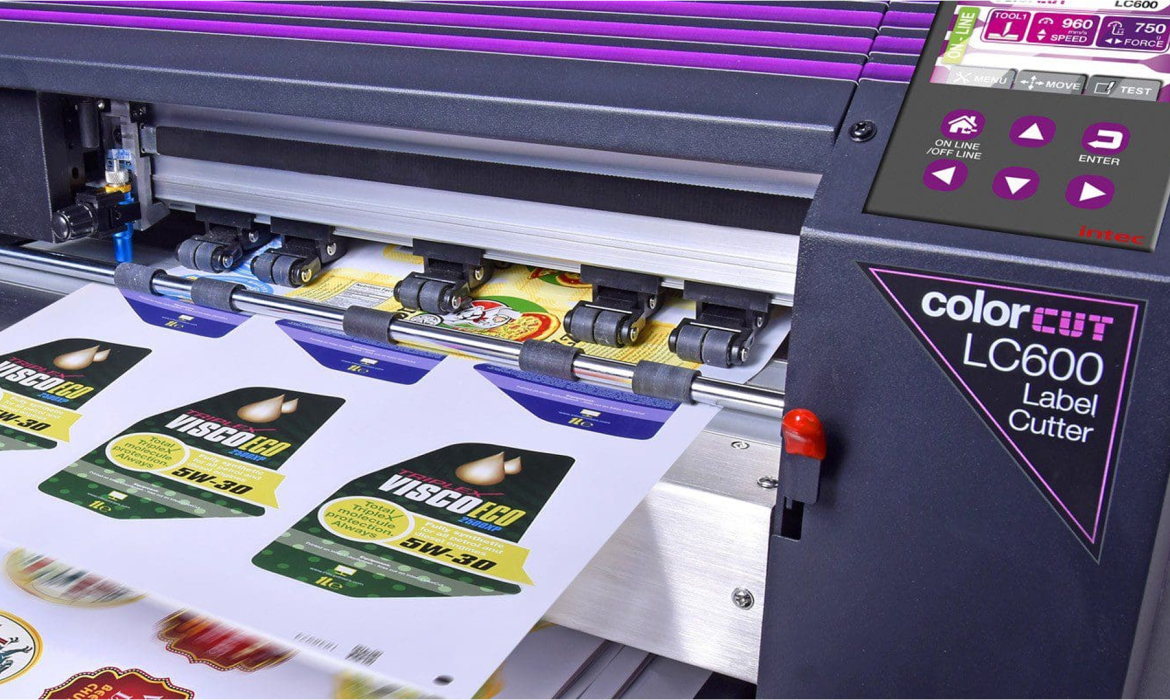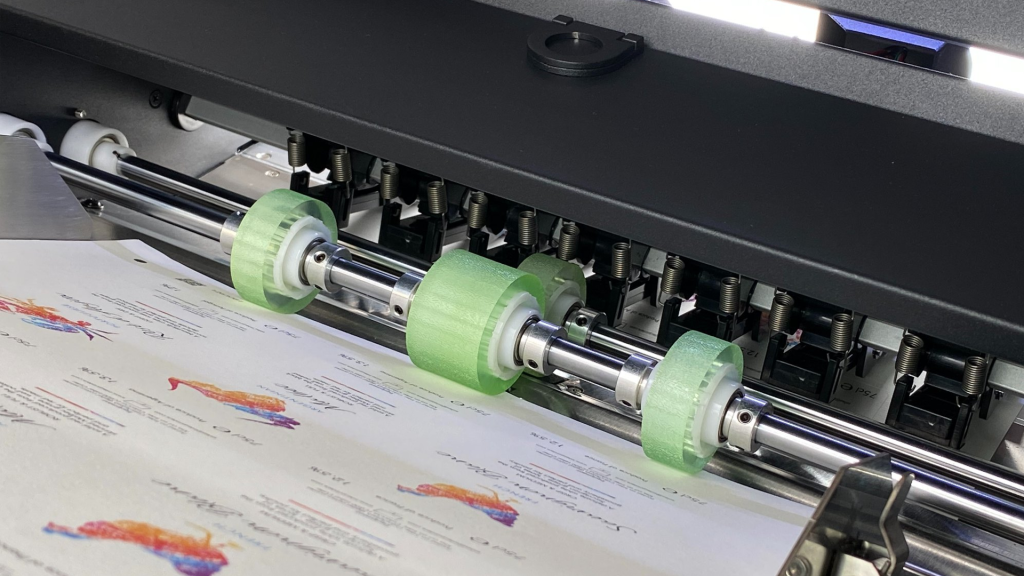
Whether you’re running a small e-commerce shop or managing a warehouse, investing in the right label printing machine can boost your productivity, improve product presentation, and ensure compliance.
With so many models and features available, choosing the ideal printer requires a clear understanding of your needs and the machine’s capabilities.
In this blog, we’ll walk you through 10 essential things to consider when buying a label printing machine—ensuring you get quality, efficiency, and value.
Print Quality and Resolution
The first thing to assess is print resolution. A high-resolution printer ensures you get clear printed label stickers every time, which is especially important for small fonts, barcodes, or detailed logos. Look for a resolution of at least 300 dpi for sharp and legible output.
Low-resolution machines might work for warehouse applications, but they often fall short when professional presentation matters.
Type of Printing Technology
There are different technologies used in label printing. The two most common types are thermal and ink-based. A thermal label printer uses heat to create prints and doesn’t require ink or toner. It’s ideal for barcode and shipping labels, offering speed and efficiency at a lower cost per label.
However, if you need full-color branding or custom designs, you might want to explore inkjet or laser options.
Label Size Compatibility
Not all machines can handle every label size. Before purchasing, evaluate the range of label dimensions your operations require. Some businesses may need to print tiny ingredient labels, while others need large shipping or bottle labels.
Ensure the label printing machine supports roll widths and formats that match your use case—especially if you need to print both large and small labels frequently.
Print Speed
Speed matters—especially when you’re printing in bulk. A good printer should balance print quality and speed. Look at the machine’s specs, particularly inches per second (IPS).
Faster printing doesn’t always mean better. Make sure the machine delivers high-quality results even at high speeds, without jamming or alignment issues.
Connectivity Options
Modern businesses need flexible printing solutions. Whether you’re operating from a desktop, tablet, or mobile phone, the printer must connect easily. Look for machines with multiple connection options: USB, Ethernet, Bluetooth, or Wi-Fi.
These options are especially valuable in businesses where labels are printed from multiple workstations or POS systems.
GCG Enterprise Solutions offers comprehensive office automation services, including managed print services, digital transformation, and intelligent content automation, catering to various industries in the UAE.
Compatibility with Label Materials
Some businesses require weatherproof or chemical-resistant labels. Your printer must be compatible with various materials like paper, polypropylene, or polyester.
If you’re selling skincare, frozen goods, or industrial products, durable custom printed roll labels are a must. Make sure your machine can handle such materials without smudging or fading over time.
Ease of Use and Software Integration
A label printer shouldn’t require a degree in engineering to operate. Look for models with an intuitive interface, easy media loading, and smart error detection.
Equally important is software support. Can it integrate with your e-commerce platform, shipping system, or inventory management tool? A smooth workflow reduces errors and improves team productivity while printing labels.
Cost of Ownership
The upfront cost is only one part of the equation. Look at long-term expenses—label rolls, maintenance, replacement parts, and consumables.
While a thermal label printer might have a higher initial price, it often saves money over time because it doesn’t need ink or toner. On the other hand, ink-based printers might offer more color and design flexibility but come with ongoing supply costs.
Durability and Build Quality
If your business runs 8+ hours a day printing hundreds of labels, you need a machine built to last. Look for commercial-grade printers with metal frames, minimal moving parts, and robust feeders.
Durability matters not just for reliability, but also for reducing downtime and repair costs. You want consistent output and a machine that won’t break after a few months.
Output Quality for Branding
If your product packaging is customer-facing, your label needs to look professional. Clear printed label stickers leave a lasting impression and communicate brand value.
From color accuracy to print alignment, your printer must be up to the task. You don’t want faded prints or misaligned graphics on your custom printed roll labels. Look for a printer that offers high-fidelity reproduction and consistent output.

FAQs
What is a label printing machine used for?
It is used to produce printed labels for shipping, product packaging, inventory management, and branding.
What’s the difference between thermal and inkjet label printers?
Thermal printers use heat to create prints, while inkjet printers use liquid ink. Thermal is more cost-effective; inkjet offers color flexibility.
Can I use any paper with a label printer?
No, you must use label-specific materials like adhesive-backed paper or film designed for your printer type.
Do thermal printers require ink?
No, thermal label printers use heat-sensitive paper and do not require ink or toner.
Are label printers compatible with Windows and Mac?
Most modern printers offer drivers and software for both systems. Check compatibility before purchase.
How can I make sure my labels are waterproof?
Use waterproof materials and choose a printer that supports those media. Lamination may also help.
What’s the best printer for high-quality, custom printed roll labels?
High-resolution inkjet or laser printers offer the best output for color-rich designs and branding.
Can I print barcode and shipping labels on the same machine?
Yes, many label printing machines support multiple formats and sizes for flexible printing.
How often do I need to maintain my label printer?
Maintenance depends on usage. Regular cleaning and part checks are recommended monthly or after high-volume printing.
What label printer is best for small businesses?
Compact, thermal label printers are ideal for small businesses due to low cost and ease of use.
Conclusion
The perfect label printing machine is the one that aligns with your business goals, output needs, and budget. Consider the ten factors above to make an informed choice.Whether you need speed, quality, or flexibility, there’s a label printer out there to meet your requirements. With the right machine, printing labels becomes not just easy but a key part of your brand for small business or personal use not only saves time but also adds a polished, professional touch to your space or product line.




